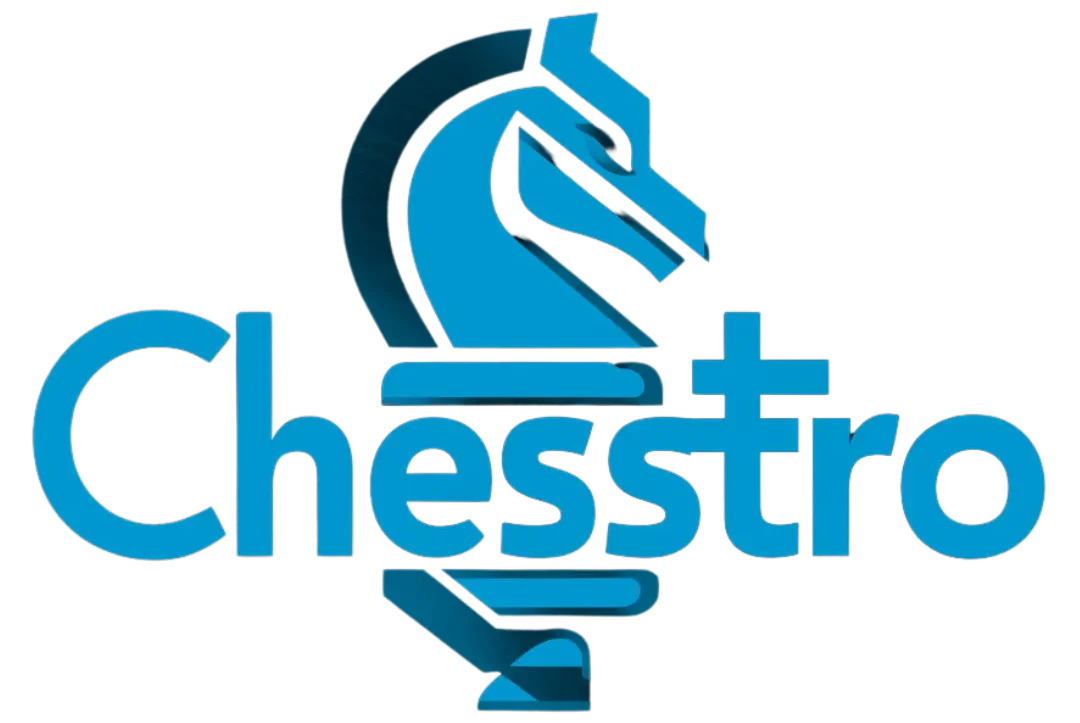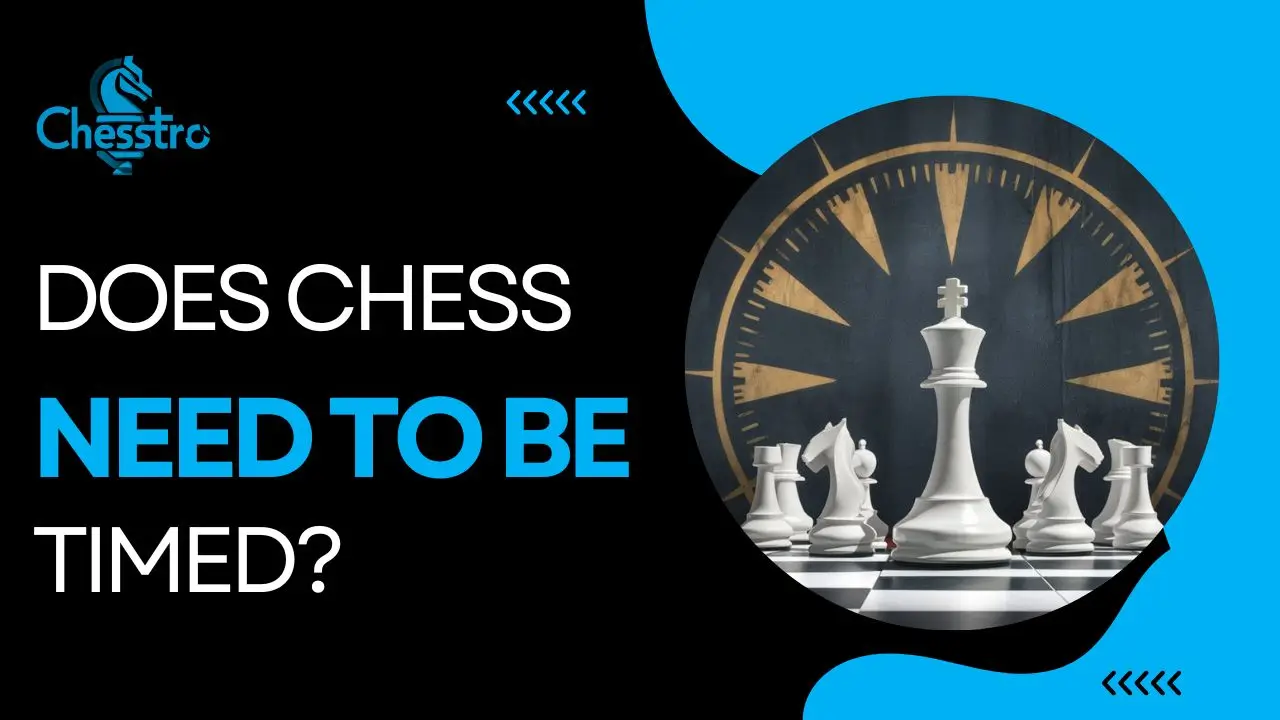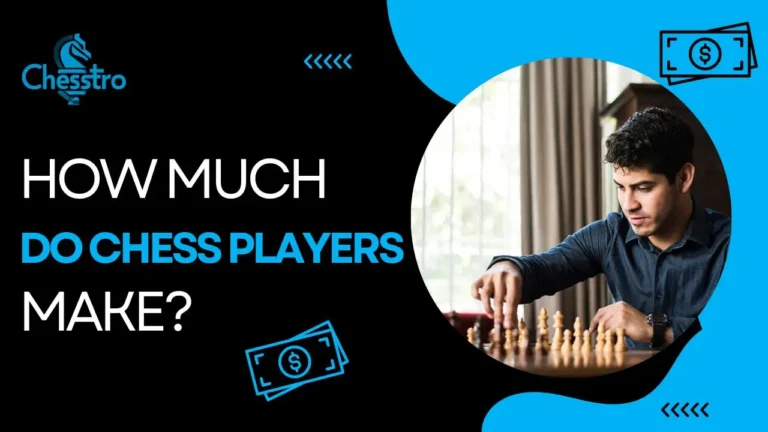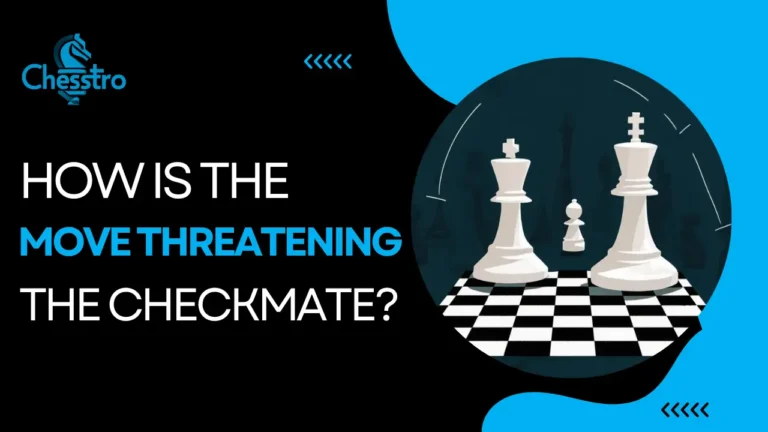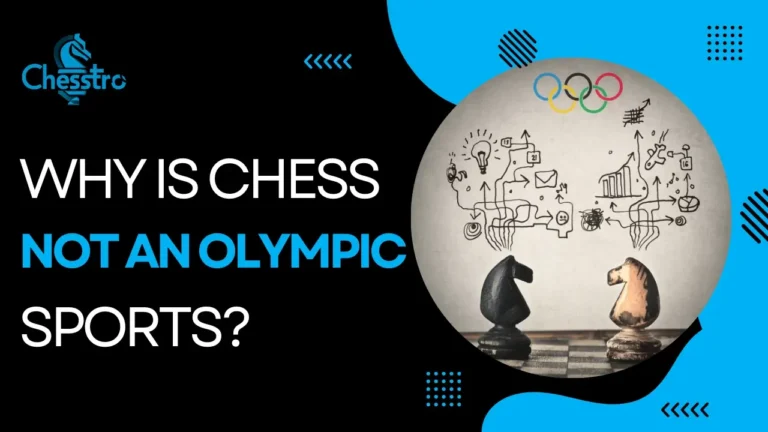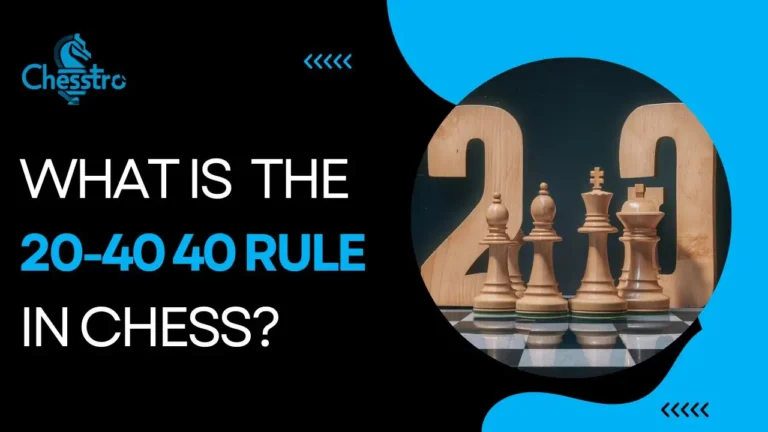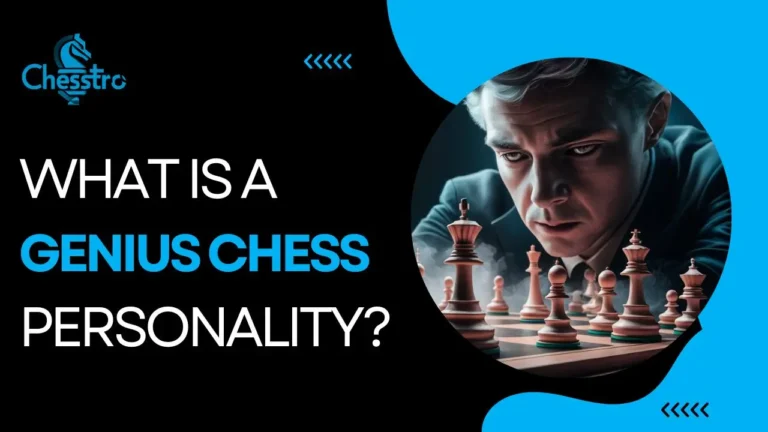Does Chess Need To Be Timed? Game Dynamics Explored
Does chess need to be timed? Ever wonder why chess games have a ticking clock next to the board? Chess, a game of strategy and skill, also demands sharp time management. But is the ticking timer essential or just an added layer of challenge? Some argue that it adds thrill and urgency, while others claim it detracts from the game’s strategic depth.
For your Information!
The first official time control implemented in a chess tournament was in 1861 during the London International Chess Tournament. Each player was given 2 hours to make 24 moves.
This article seeks to explore the question, “Does chess need to be timed?” We’ll examine the impact of time controls on the game and whether they enhance or hinder the chess-playing experience. So, whether you’re a seasoned player or a curious observer, let’s explore this together.
| Aspect | Description |
|---|---|
| Importance of Timing in Chess | Timing is crucial in executing tactical combinations, making strategic decisions, and managing the clock during a game. It impacts gameplay and can determine success or failure. |
| Impact of Time Control on Strategies | Time controls, such as shorter limits in blitz chess or longer limits in classical games, influence players’ decision-making processes and the overall pace and complexity of the game. |
| Role of Time Control in Tournaments | Time control dictates the pace and intensity of chess tournaments, affecting players’ strategies and gameplay. The choice of time controls can significantly impact tournament outcomes. |
| Timing’s Effect on Decision-Making | In chess, timing is everything. Players must carefully consider when to make their moves, as the timing can greatly affect the game’s outcome. Time pressure in tournaments can also impact decisions. |
You can also learn more about How often do people blunder in chess?
Why Is Timing Important In Chess?
Timing is a critical aspect of playing chess for multiple reasons.
Firstly, it is essential in executing tactical combinations. Choosing the right move at the right moment can create opportunities to gain material or launch a devastating attack on the opponent. Conversely, delaying a move can give the opponent a chance to regroup or defend, thereby reducing the effectiveness of the original plan.
Secondly, timing plays a significant role in making strategic decisions. Knowing when to launch an offensive, when to defend, or when to transition from the opening to the middle game requires a keen sense of timing.
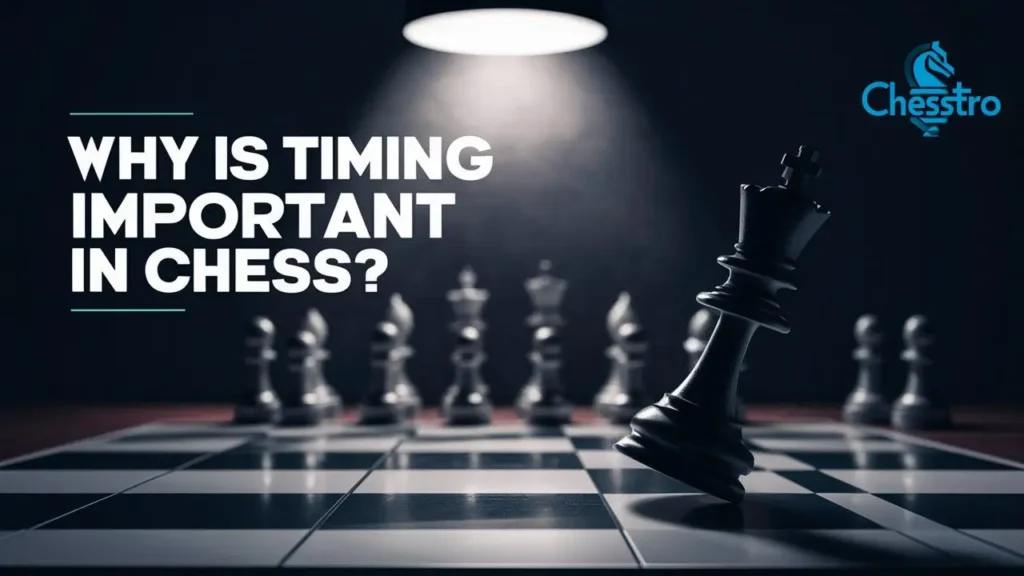
You can also learn more about Is Chess Hard To Learn
Failing to recognize these crucial moments can lead to missed opportunities or being caught off guard by the opponent’s actions.
Finally, timing is essential for managing the clock during a game. Each player has a limited amount of time to make their moves, and utilizing it wisely is crucial. Struggling with time pressure can lead to rushed decisions, oversights, and, ultimately, poor gameplay. Therefore, mastering the art of timing is vital for success in chess.
You can also learn more about Does ADHD Affect Chess
How Does Time Control Impact Chess Strategies?
Time control is a crucial factor that significantly impacts chess strategies. A specific time limit for each player usually determines the duration of a game.
The limit is important for decision-making and makes players feel the need to act promptly. In games with shorter time limits, like blitz or bullet, players don’t have much time to think about their moves and have to go with their gut feeling. This makes the game move quickly and requires players to make fast decisions.
You can also learn more about Can Pawns Move Backwards?
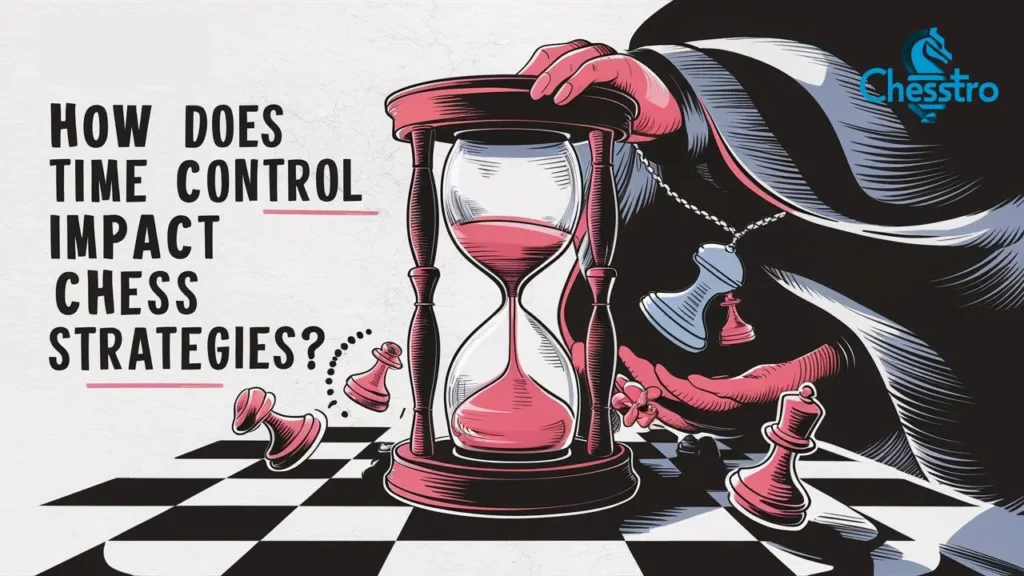
On the flip side, games with longer time limits, like classical or correspondence chess, give players the chance to really think about the game and focus on strategy. In these games, players have more time to think about their moves, make long-term plans, and really look at complex situations.
Managing the clock is also important. Players need to find a good mix between making good use of their time and not letting the clock stress them out. Because of this, time control sets the speed and complexity of chess games and, in the end, influences the strategies players use.
You can also learn more about Where are the chess hustlers
How Does Time Control Impact Chess Tournaments?
Time control plays a critical role in determining the pace and intensity of chess tournaments. The way time is regulated significantly impacts players’ strategies and decision-making processes throughout a game.
Chess tournaments generally set a time limit for each player, typically measured in minutes or hours. This limit requires players to make all their moves within the given timeframe, which adds pressure and creates a sense of speed.
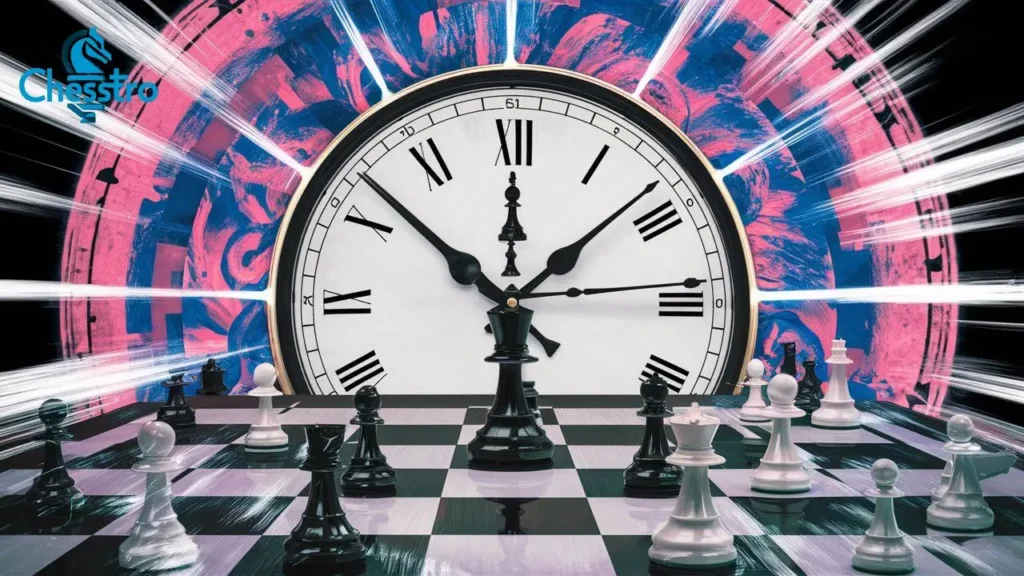
You can also learn more about What is the 20-40-40 rule in Chess?
In quick games like fast or blitz chess, players need to think and act swiftly, which often leads to bold gameplay. On the other hand, games with longer time controls let players think deeply and form detailed plans.
The choice of time controls can change the feel of a tournament, affecting how players think about different options, work out complex moves, and carry out their overall strategies.
As a result, time control has a big impact on the outcome of the game. Players need to find the right mix of being quick but accurate while playing within set time limits.
You can also learn more about Why is Blitz chess so popular?
Does Timing Affect Decision-Making In Chess?
Timing is vital in decision-making in chess. In this strategic game, each move matters, and the exact moment at which a move is made can significantly impact the game’s outcome.
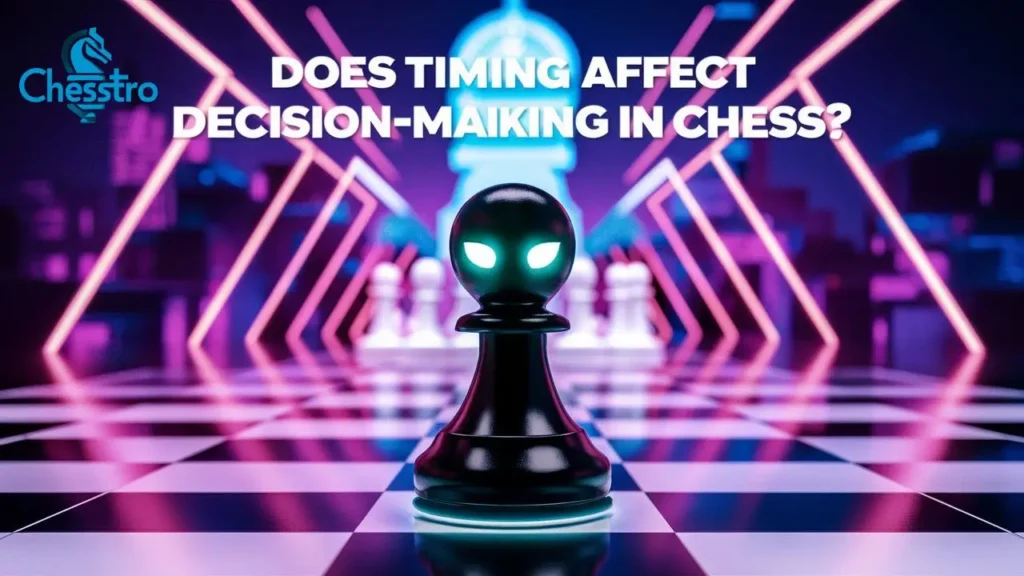
In chess, timing is everything. Players must carefully study the board, weigh their risks, and plan their moves. Picking the right moment can lead to bold and exciting plays, but making a move too soon or too late can cause missed opportunities or even a loss.
You can also learn more about Do Chess Books Help?
Also, time rules set by tournaments or matches can make players feel under pressure and sway their decisions. Players need to be smart with their time, using it to think about all the possible outco
It’s really key for chess players to grasp how big a role timing plays when deciding what to do, as it can determine whether they win or lose.
You can also learn more about Do You Have To Say Check In Chess?
FAQS: Does chess need to be timed?
Final thoughts: Does chess need to be timed?
In conclusion, timing is an essential aspect of chess. It impacts decision-making, game strategies, and the pace of tournaments. Whether it’s the thrill of fast-paced blitz chess or the deep analysis of classical games, timing plays a critical role in the chess-playing experience.
The use of timed chess has its pros and cons, but ultimately, it adds an extra layer of challenge and excitement to the game. Mastering the art of timing is crucial to becoming a successful chess player.
